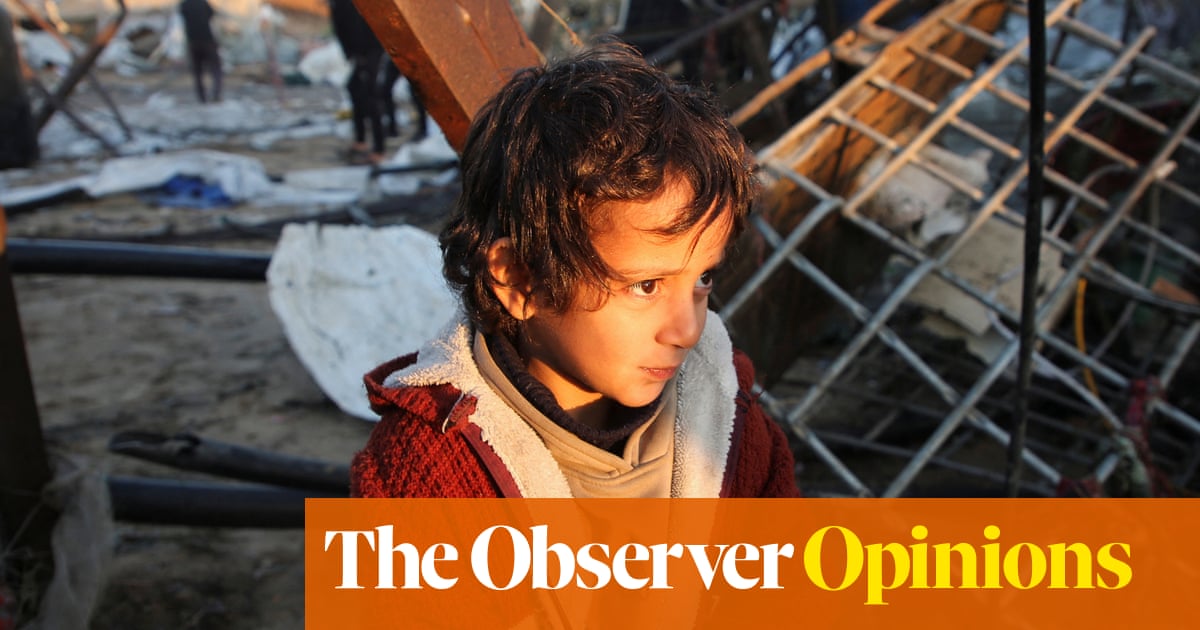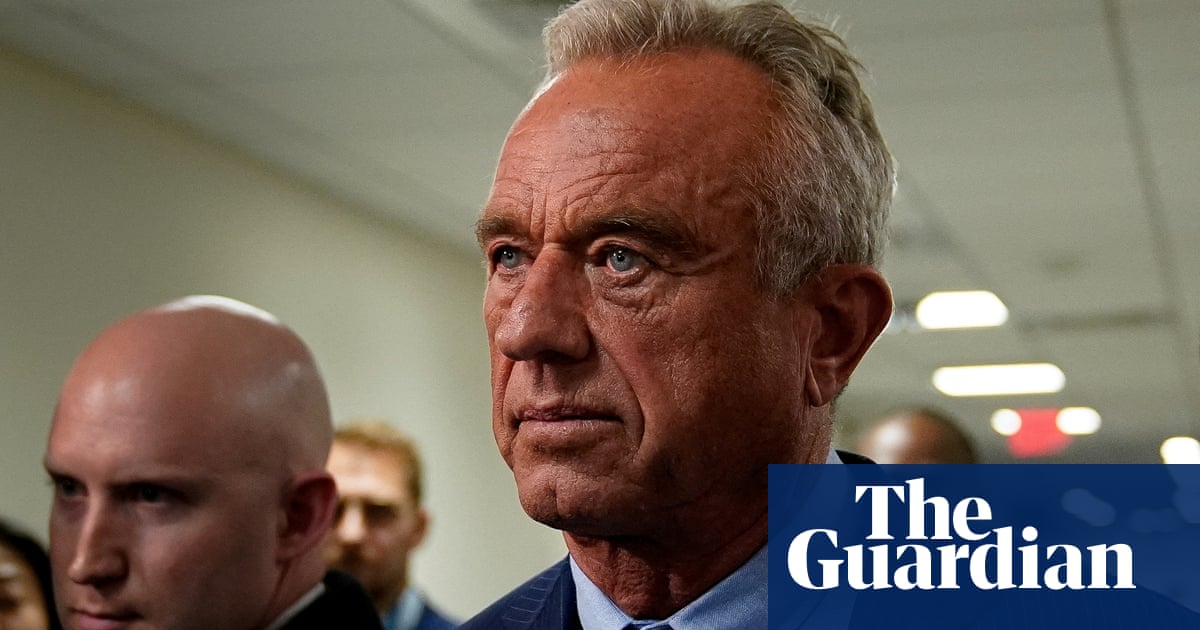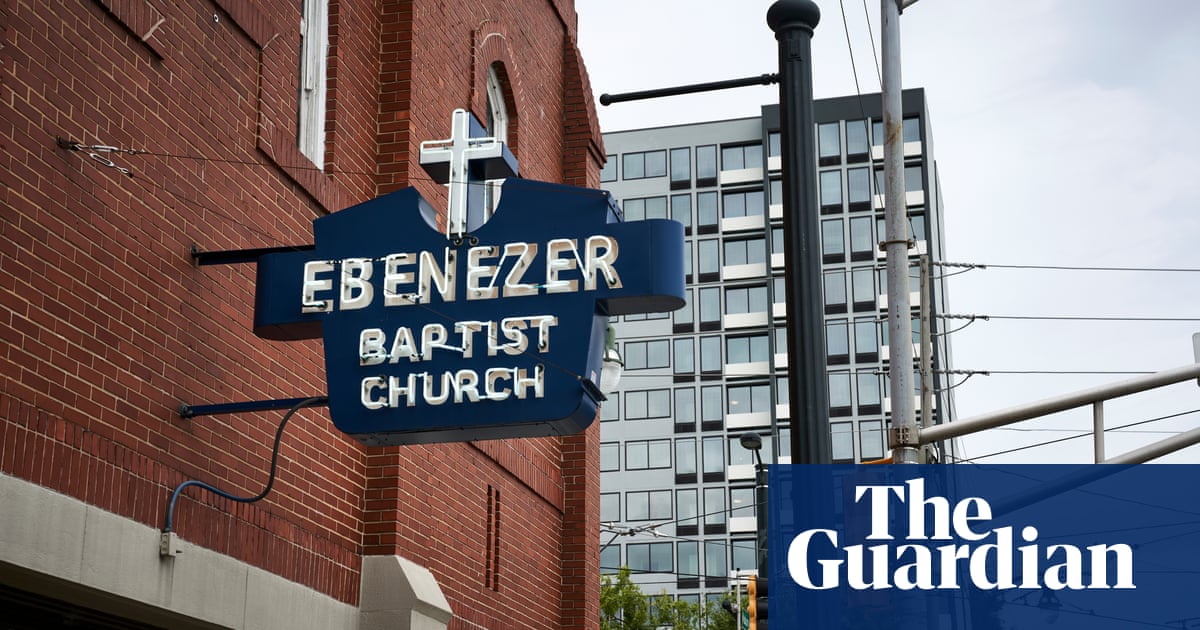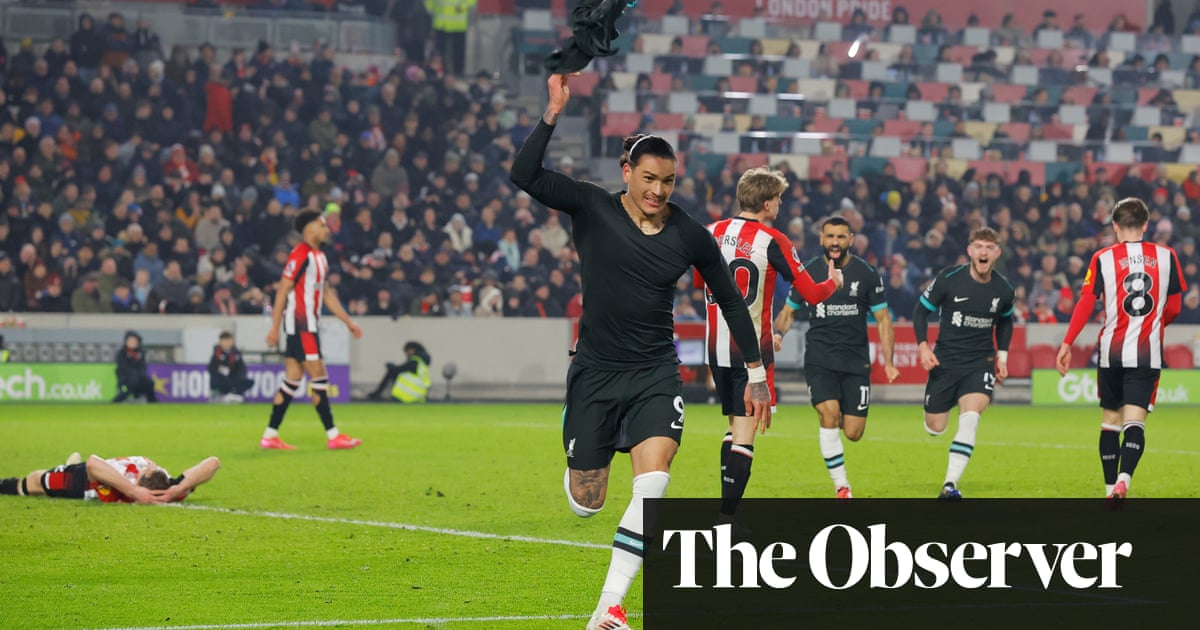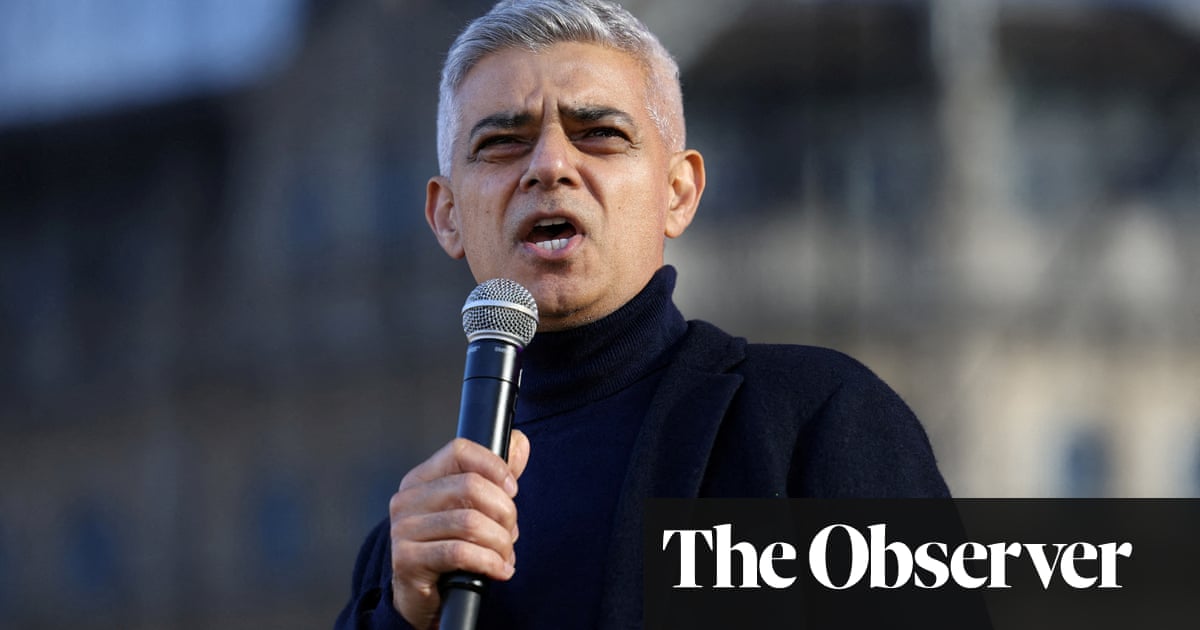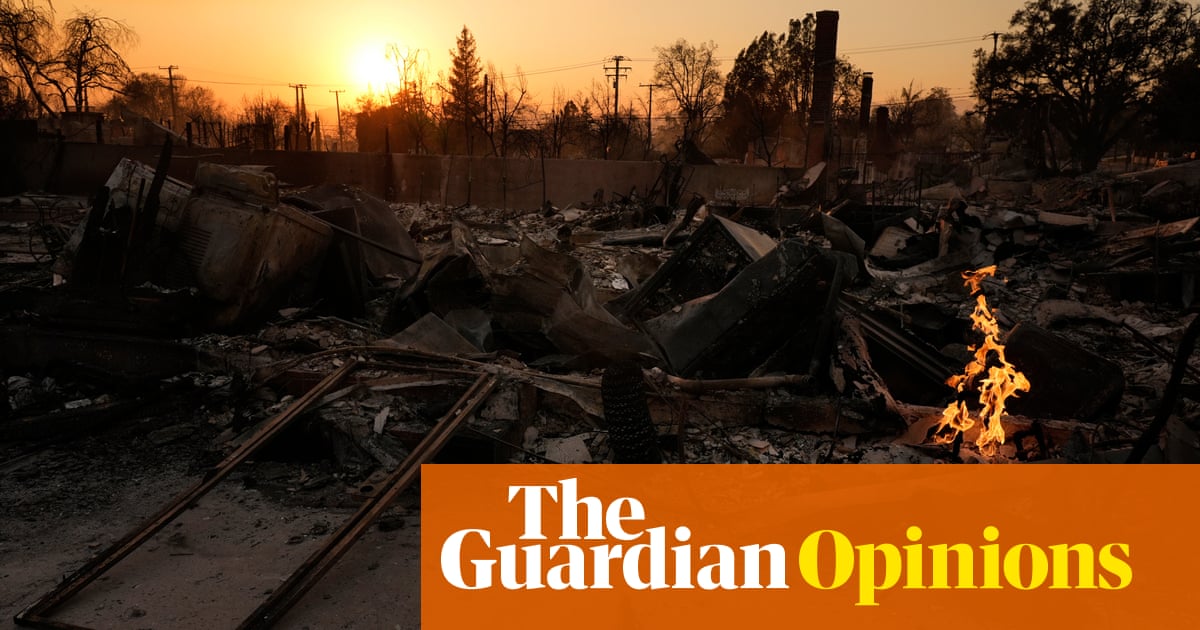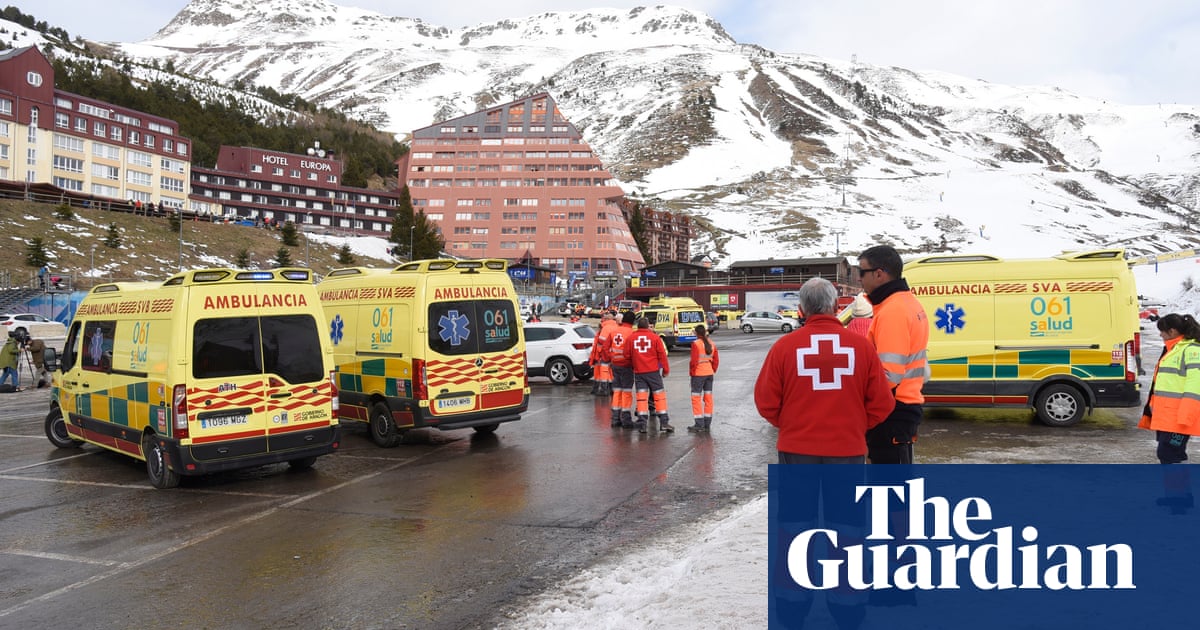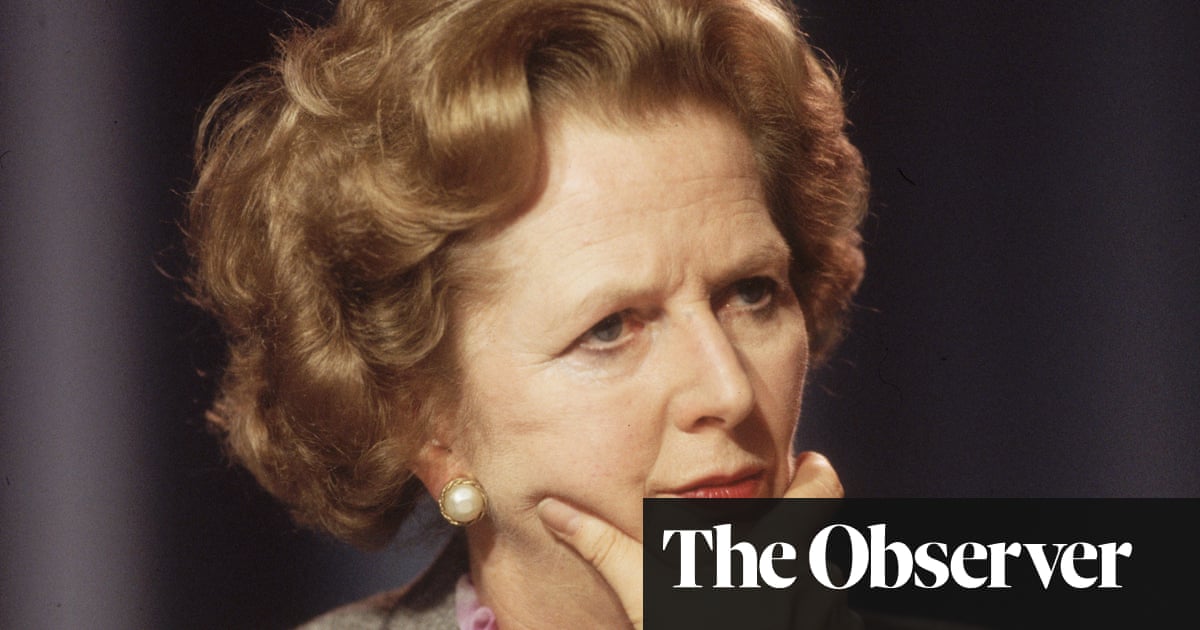This Christmas, something significant is unfolding. I believe that in decades to come, the world will look back at the 2024 festive season as a key moment when Africans took back control of their narrative.
Earlier this month, I shared a short video expressing my shock and disbelief at the news that Bob Geldof was releasing a super-mix of the Band Aid single Do They Know It’s Christmas? to mark its 40th anniversary. Alongside this, the BBC announced a documentary to celebrate it. This moment has sparked a much-needed conversation about the outdated and harmful messaging embedded in the lyrics and imagery of the song.
It seems I was not alone in feeling this way. The single failed to make the Top 40 last week, unlike its predecessors which all went straight to No 1. And the support I’ve received has been overwhelming. One of my Instagram followers, a 51-year-old teacher, said: “You really made me think differently about Band Aid.”
Many Africans, in the diaspora and on the continent, have long felt that the portrayal of Africa by Band Aid is not just inaccurate but damaging. While the British public’s generosity in 1984 was genuine, and the aim of Band Aid was to address a specific humanitarian crisis, the way it depicted Africa did more long-term harm than good. It inadvertently contributed to a broader identity crisis for Africans, portraying the entire continent as one monolithic, war-torn, starving place. It’s like taking the Ukraine crisis and generalising it to all of Europe.
This approach feeds into the negative stereotypes that have persisted in western media for decades. The impact of distorted images of Africa has been far reaching. According to Africa No Filter and Africa Practice, Africa’s “high-risk” reputation in global markets, shaped by negative portrayals, has led to higher interest rates on sovereign debt, costing the continent an estimated £3.2bn annually.

Some argue that Africa’s issues should not be blamed on a “little pop song”, but on the corruption and poor leadership in African countries. While it’s true that many African nations have faced leadership challenges, I don’t believe African leaders are inherently more corrupt than others. The difference is that African leadership is often less adept at hiding its flaws. Leadership, however, is deeply rooted in identity. And until Africans are able to redefine and reclaim our own identity, we will continue to struggle with the consequences of this misrepresentation.
This only underscores the urgent need for Africans to take control of our own narrative. Having recently become a father to a precious daughter, this is especially close to my heart. Each day, I remind her of her inner strength and worth. This is why my business partner, Andre Hackett, and I have created the School of New Africa (SONA), a platform designed to teach African history and culture through gamified learning and empowering affirmation tools. SONA highlights hidden stories that the mainstream curriculum and media so often overlook, such as the incredible work of Prof Jean-Jacques Muyembe, an African scientist from the Democratic Republic of the Congo who discovered a potential cure for Ebola. Band Aid 2014 raised money for the Ebola crisis, yet I’ve never seen anyone connected with Band Aid acknowledge his vital contribution.
SONA is an important long-term solution. But we must also act now, ahead of the next crisis, to ensure Africa has the resources and infrastructure to tackle its own challenges. The African diaspora plays a huge part in that (another important part of the story that is rarely told). While Africa receives about $50bn in aid annually, the diaspora now sends back nearly double that – more than $90bn. This highlights the immense contribution of Africans in driving development on the continent.
In response to this, I have partnered with the remittance company PayAngel to launch the New Africa Growth and Relief Fund. This fund will help build a financial safety net. We don’t have to wait for another tragedy to strike. We can start building this fund now. PayAngel has pledged to donate £10 towards the fund for every person who downloads their app and enters to promo code “FUSE”.
In the 10 years since I wrote in the Guardian about why I turned down Band Aid, the continent has become a hub for groundbreaking advancements, from the rise of African artists dominating international music charts to innovative tech solutions transforming industries. Additionally, we are witnessing a powerful movement of Africans reconnecting with their roots and investing in the future of the continent. The Year of Return, which I launched with the Ghana government, encouraged the Ghanaian diaspora to return home, generating $1.9bn for the economy.
after newsletter promotion
These achievements are not the result of political manifestos or economic policies. They stem from a profound psychological shift among Africans. A growing sense of self-love and pride in cultural identity has inspired individuals to focus on internal solutions. Music – specifically Afrobeats – has been at the heart of this change, uniting Africans globally and fostering pride in our heritage.
This is why I am offering an Afrobeats alternative to Band Aid, We Know It’s Christmas, as a celebration of this progress and a step toward reclaiming our narratives. All proceeds from the song will go towards the New Africa Growth and Relief Fund.
I hope that in decades to come, Africans will become the primary solutions to our own challenges. But when short-term humanitarian fundraising is needed, it should be approached with dignity, led by Africans, and with thoughtful consideration for its long-term impacts.
-
Fuse ODG is a British-Ghanaian Afrobeats artist
-
Do you have an opinion on the issues raised in this article? If you would like to submit a response of up to 300 words by email to be considered for publication in our letters section, please click here.

.png) 1 month ago
14
1 month ago
14


